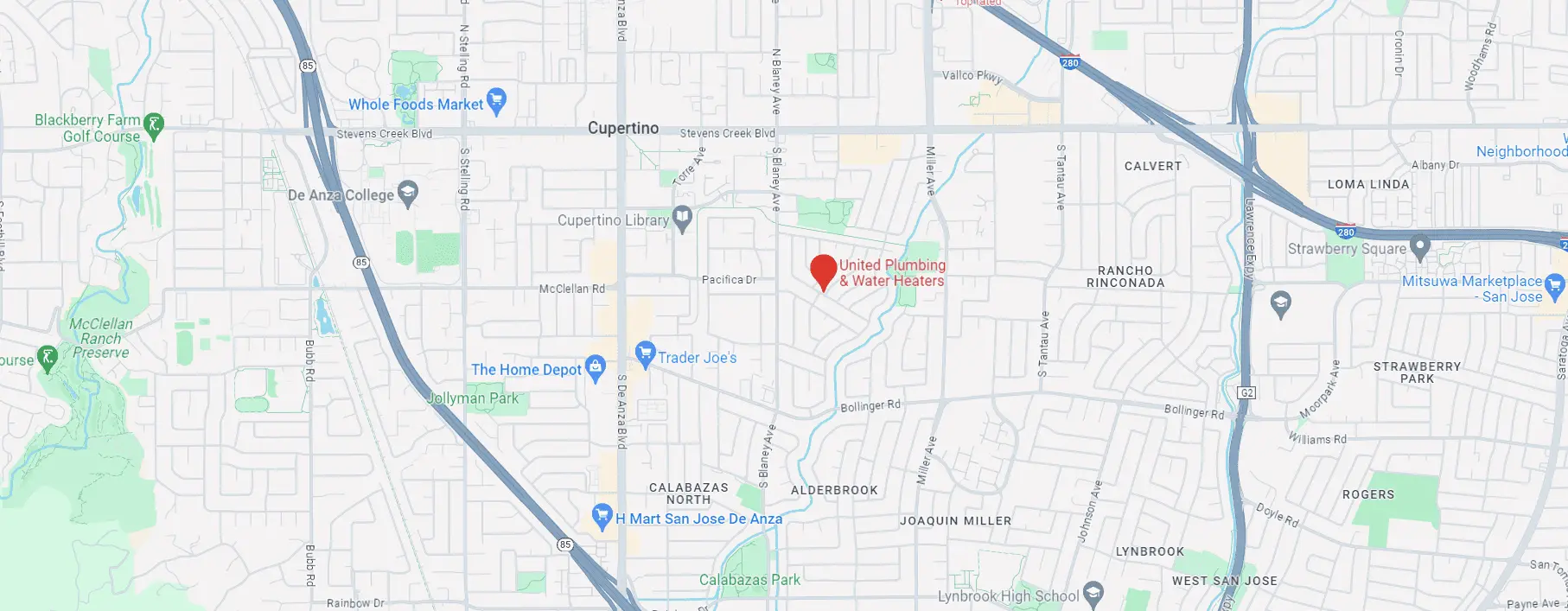6 Ways to Prevent a Water Heater Disaster
If you live in San Jose, you rely on your water heater every day. Hot water is essential for various household activities, from taking a shower to washing dishes. Water heaters can be a potential disaster waiting to happen if not properly maintained. We’ll discuss six ways you can prevent a water heater disaster and keep your home and family safe.
Regular maintenance is essential for keeping your water heater running smoothly. It’s recommended that you have your water heater inspected and serviced by a professional plumber annually. During this service, the plumber will check for leaks, sediment buildup, and other potential issues. Regular maintenance can also help extend the lifespan of your water heater.
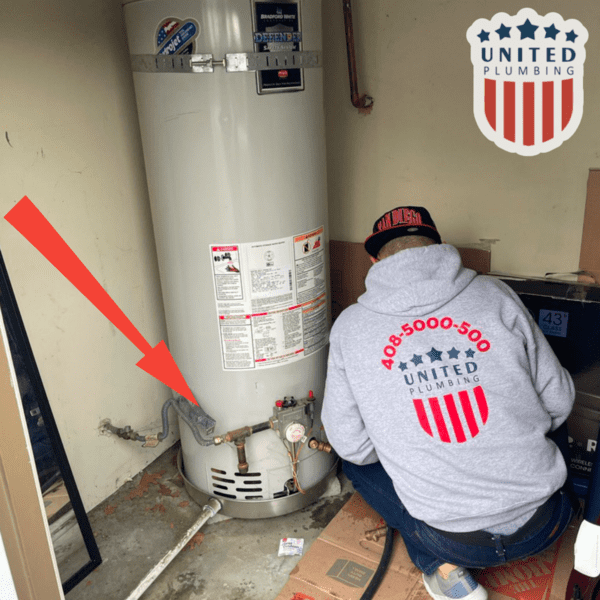
2. Keep an Eye on the Pressure Relief Valve
The pressure relief valve is a safety feature on your water heater that releases pressure if it gets too high. A malfunctioning or faulty valve can pose a potentially hazardous situation. You should test the pressure relief valve once a year to ensure it’s working properly. To test the valve, turn off the power to the water heater and the cold-water supply. Then, lift the lever on the valve and let some water out. If water continues to flow after releasing the lever, it’s time to replace the valve.
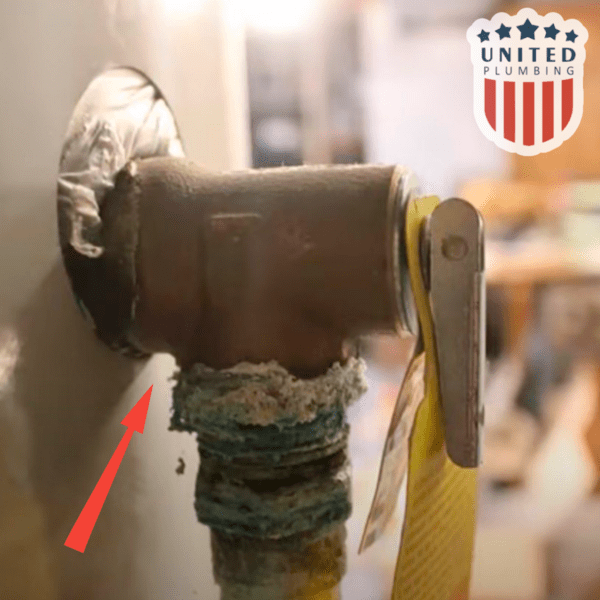
3. Check the Anode Rod
The anode rod is a crucial component of your water heater that prevents corrosion. Over time, the anode rod can become corroded and less effective. It’s recommended that you have your anode rod checked every three to five years, depending on your usage. If the anode rod is severely corroded, it’s time for a replacement. Replacing the anode rod can help extend the lifespan of your water heater and prevent leaks.
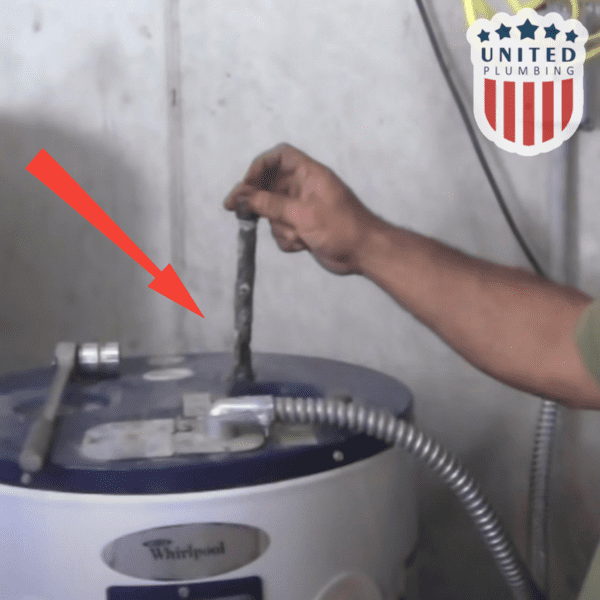
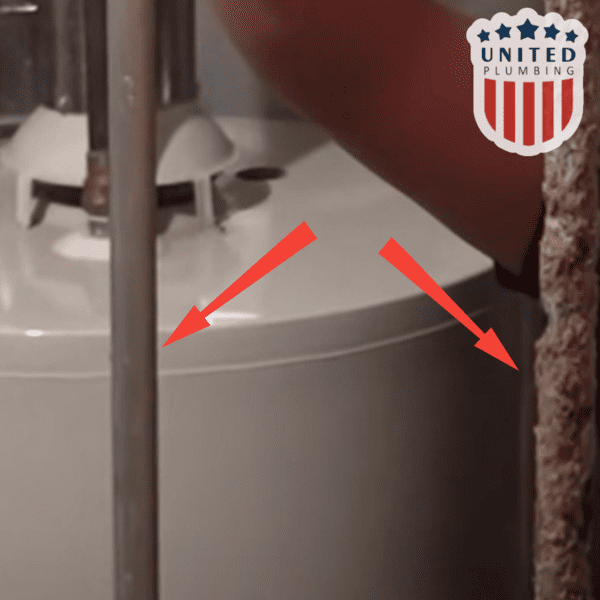
4. Monitor the Temperature Setting
The temperature setting on your water heater should be set at 120°F to prevent scalding and reduce energy usage. If the temperature is set too high, it can lead to scalding and potentially cause burns. Additionally, a high temperature setting can increase your energy bill. Make sure to monitor the temperature setting on your water heater regularly and adjust it if necessary.
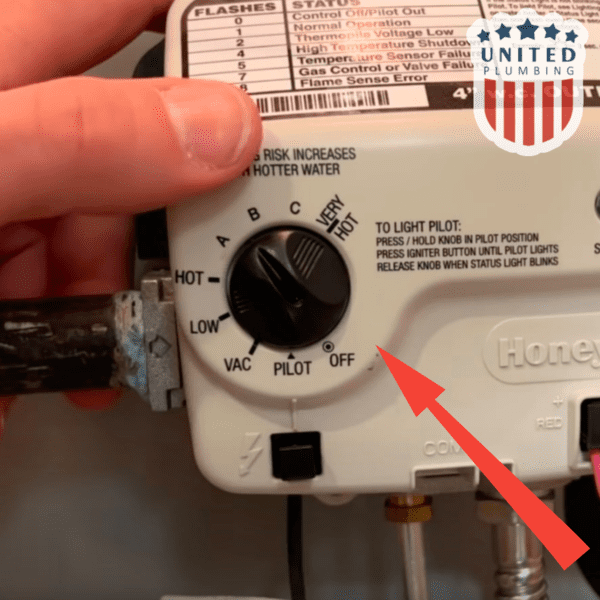
5. Inspect the Connections
The connections on your water heater can become loose over time, leading to leaks. You should inspect the connections on your water heater periodically to ensure they’re tight and secure. If you notice any leaks, tighten the connections or call a professional plumber for assistance.
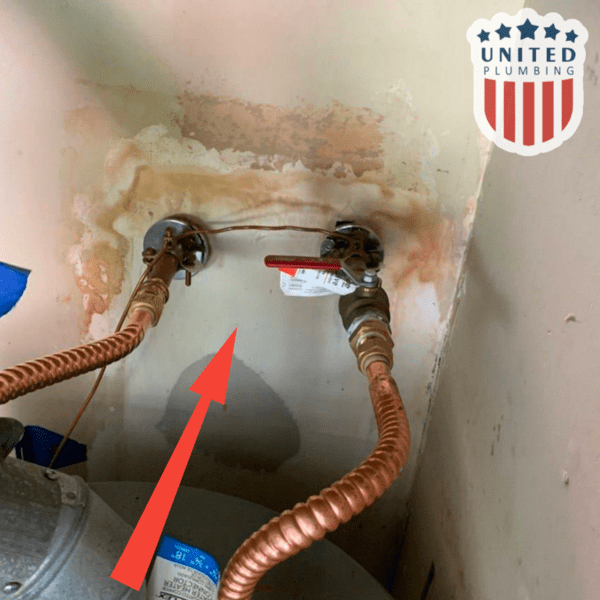
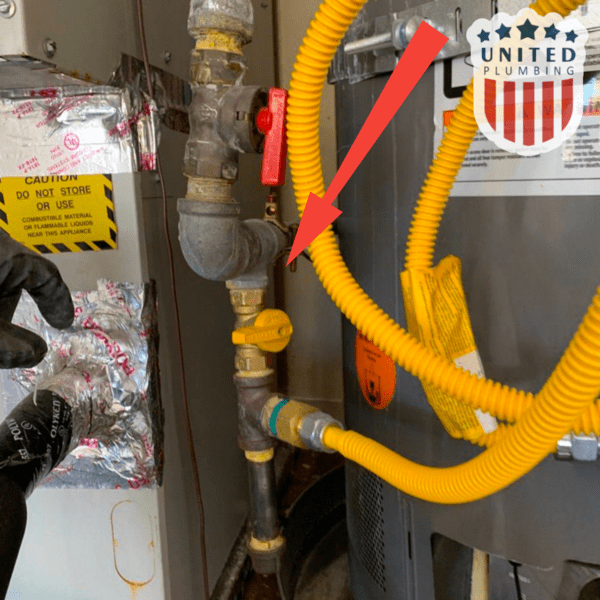
6. Address Leaks Promptly
Leaking water heaters can cause significant damage to your home and potentially lead to mold growth. If you notice any leaks coming from your water heater, it’s important to address them promptly. Turn off the power and water supply to your water heater and call a professional plumber for repairs. Addressing leaks promptly can help prevent a water heater disaster and save you money in the long run.
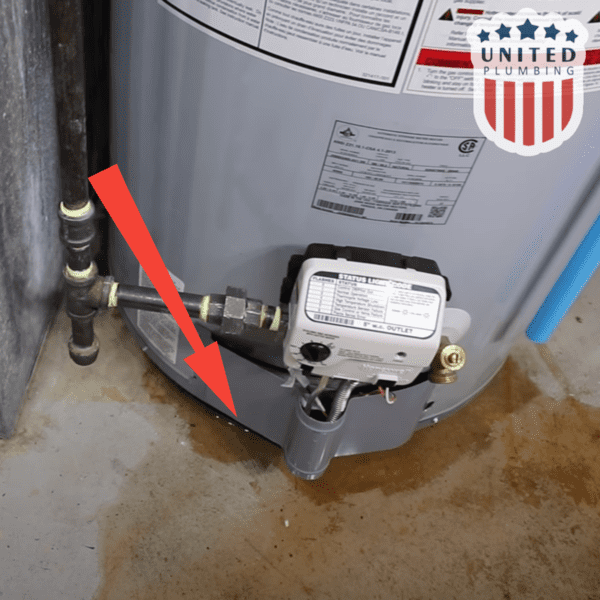
Regular maintenance and monitoring of your water heater can help prevent a disaster and ensure the safety of your home and family. Keep an eye on the pressure relief valve, check the anode rod, monitor the temperature setting, inspect the connections, and address leaks promptly. If you need water heater repair, service, or installation in San Jose, our team of experienced plumbers is here to help.
Post views: 681

